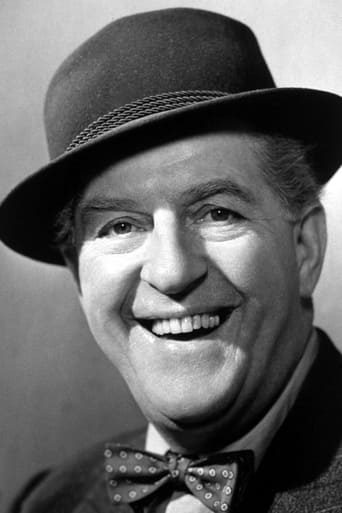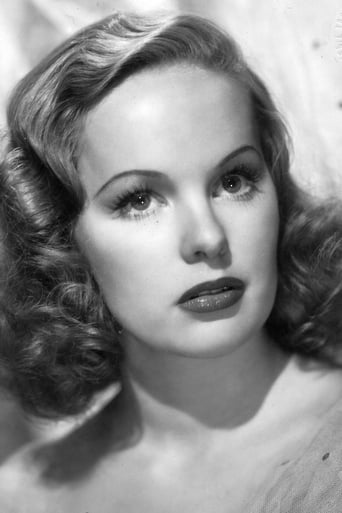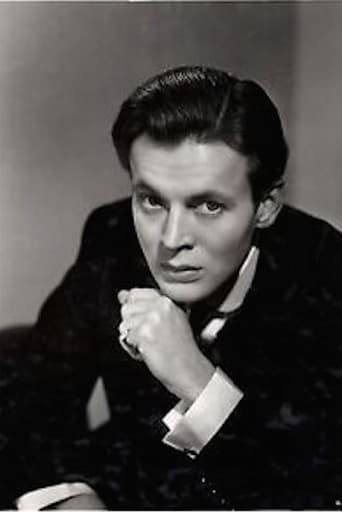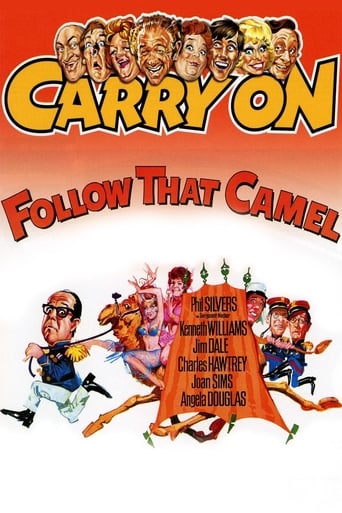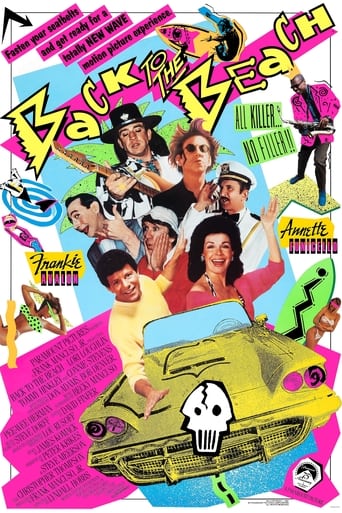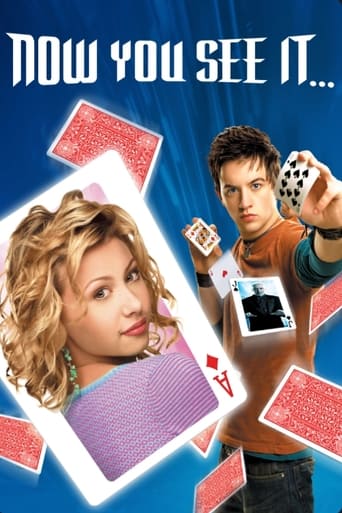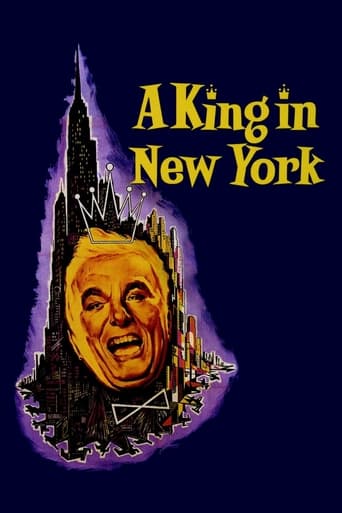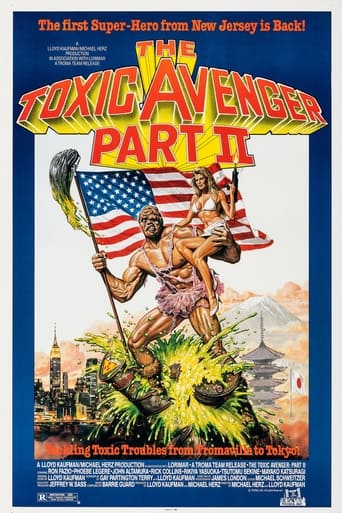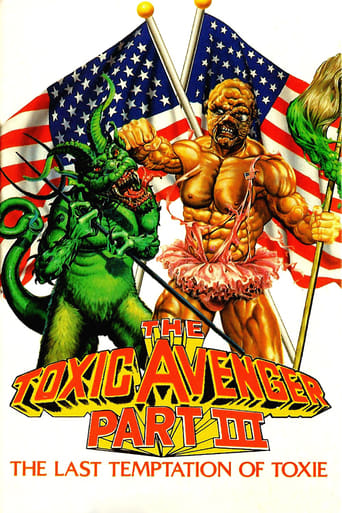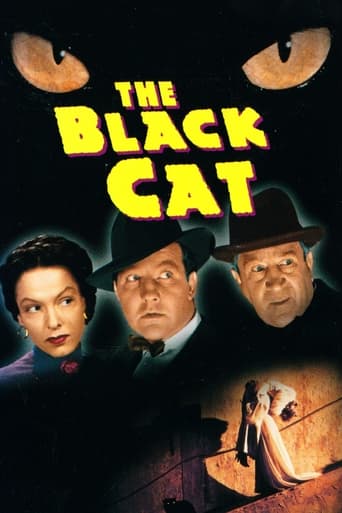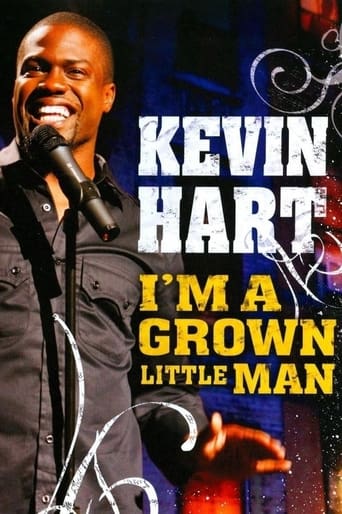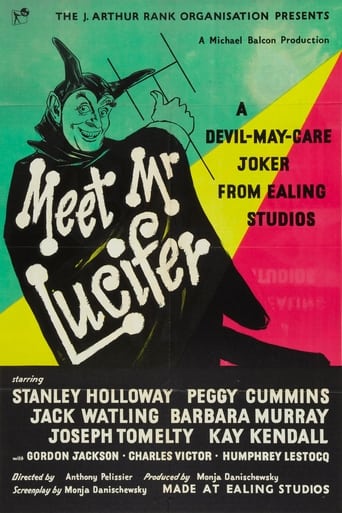
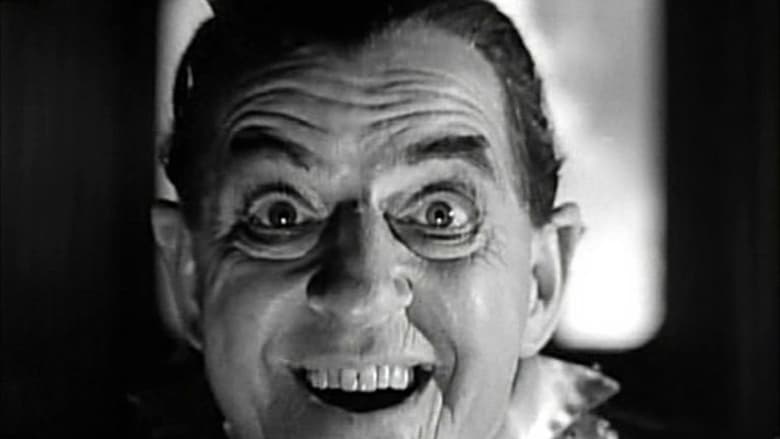
Meet Mr. Lucifer (1953)
A TV set given as a retirement present is sold on to different households causing misery each time.
Watch Trailer
Cast
Similar titles
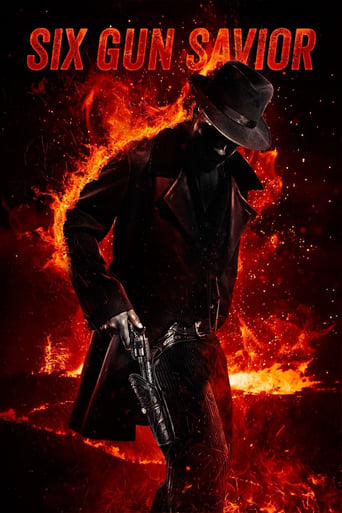
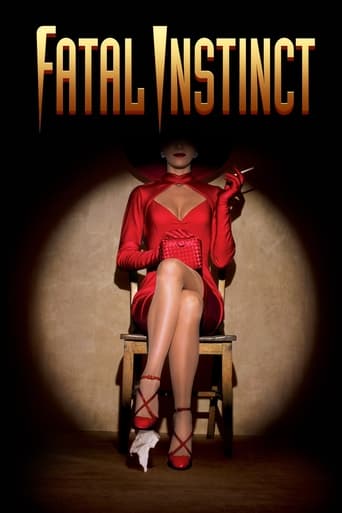
Reviews
How sad is this?
This is one of the few movies I've ever seen where the whole audience broke into spontaneous, loud applause a third of the way in.
Blistering performances.
All of these films share one commonality, that being a kind of emotional center that humanizes a cast of monsters.
It is easy to be view Ealing comedies as some kind of comedy gold if you just watch the best of their output.However films like these give a more rounded view of Ealing Films a satirical misfire that misses its target by a mile.Stanley Holloway plays a departed drunken actor who takes a knock and meets Lucifer (also Stanley Holloway) down below and he gets send back to earth to spread the marvels of the television set which in time only causes misery.Television ownership took off with the Coronation of Queen Elizabeth II. Rising television viewers also had an impact on cinema audiences and the theatre as well with variety taking a big hit.We see old Mr Pedelty who is given a television set as a retirement present from his firm. He enjoys watching television and soon invites friends and neighbours round, throwing parties which soon gets out of hand and leaving him in debt for all the drinks and food he bought. Even the friendship he has made are shallow, people only wanted to know him because he had a TV set.He sells the TV set it to a newly married couple, the Norton's in the upstairs flat and pretty soon they have the same problems especially as he needs to study for his pharmacy exams and gets no peace and quiet. As Lucifer remarks, that TV is 'so much more effective than the old fashioned lodger' in splitting up relationships.Knowing the television set causes trouble he then gives it to his envious and petty former colleague, Hector at the pharmacy who becomes obsessed with the singer who performs a nightly show on television. The effect is to actually make him happier and better to go along with until her show gets cancelled.The episodic film starts of wickedly enough but becomes mundane and tedious very quickly. After all it seems to be a film more afraid of new technology which was to become a rival. Ealing Films eventually sold its studio to the BBC.
Just seen it again after many years, and what now impresses me is a a surprisingly good and sharp script. The script's critique of the negative effects of TV addiction is excellent and prescient for its day, considering how early this film was made into the march of TV (1953) which would eventually supplant film as the medium for our diet of social media.Incidentally, my parents had a set for the 1953 British Coronation, amongst the first in their neighbourhood and thus became that day a focal point for all those who did not yet have a TV.The Miss Lonelyhearts segment would work today in the way it could manipulate all those Mr. Lonelyhearts out there. Kay Kendall was never so alluring.Having said that, TV is today as important to me as it is to anyone else, at least where news and documentaries are concerned. There are, probably, some good effects in the ubiquity of TV, but I personally wonder what the final balance is. It is interesting that the science fiction writer Arthur C. Clarke observed how, along with Marshall Mcluhan, the Canadian media commentator, that TV has created a 'global village' and even the poorest of households will own a TV, even in the worst of slums or favelas, as they are known in South American. Indeed, I suspect that the social glue holding Latin American countries together are its soaps. That may hold good for the West, too. But back to the film; the ensemble acting is excellent, with Stanley Holloway as its focal point, but, goodness me, how gorgeous a young Barbara Murray and Peggy Cummings are, how they brighten the dreariness and blight of a post-war Britain all too slowly recovering from its wounds.
This film ,made in 1953,is largely forgotten.It is a misfiring satire.At the time this film was released TV was about to make a substantial impact on cinema audiences as a result of the Coronation.By 1960 cinema audiences had dropped by two thirds from their post war high and thousands of cinemas were closing.Also,just 3 years after this film was made Ealing studios themselves were closed and purchased by the BBC.Also those music halls that had managed to struggle on finally closed their doors in the late 50s.So i am afraid that Michael Balcon was just spitting in the wind by trying to tell people that television was a bad influence.The film is quite entertaining ,particularly Gordon Jackson playing very much against type.
Interesting curio from Ealing Studios. Based on a play by Arnold Ridley ( better known as 'Private Godfrey' from 'Dad's Army' ), 'Meet Mr.Lucifer' is a whimsical fantasy warning of the potential dangers of television. In 1953, few people in Britain had sets, but its popularity was on the rise, and film makers such as Michael Balcon were worried enough to make a movie of this kind. Stanley Holloway is 'Sam Hollingsworth', a drunken actor reduced to playing 'The Devil' in a tatty pantomime version of 'Robinson Crusoe', and even that is doing poor trade as audiences are staying at home and watching the goggle box.After a few drinks during the interval, Sam goes back on stage, only to be knocked unconscious as he tries to use the trapdoor. He imagines he is in Hell itself, where the Devil - also played by Holloway - claims that the wheel and the telephone were both inventions of his to make everyone's lives miserable, and the television is his latest idea. But it is not doing the job quick enough, so Sam is recruited as Satan's helper.We then follow the lives of a group of people as a television set changes their lives for the worse. First up is 'Mr.Pedelty' ( Joseph Tomelty ) who gets a set as a retirement gift. He becomes obsessed by the thing, watching anything and everything. When there is a dancing programme on, he invites people in off the street and gives them free drinks ( all obtained on credit from his local pub ). As the debts mount, he decides he has had enough and so bequeathes it to a young couple ( Jack Watling and Peggy Cummins ). He is studying to become a chemist, and her television viewing habits spoil his concentration. To save their relationship, they pass the set on to Hector McPhee ( Gordon Jackson ), who becomes infatuated by a beautiful singer ( Kay Kendall ) known only as 'The Lonely Hearts Girl'...It is not the programmes that come under attack, but the medium itself. Its power as a force for good is barely mentioned, making this a bit one-sided. My biggest complaint is that there is too little of Stanley Holloway. The film is only really engaging when he is around. Also, the satire - if that's the right word - could have been stronger. I suppose television had not been around long enough for a major assault on the medium to be justifiable. Fun cameos from Ian Carmichael and Joan Sims, plus celebrities of the time such as Gilbert Harding and MacDonald Hobley. Eric Rogers - of 'Carry On' fame - did the music, and some of it was reused in 'Carry On Spying' ( 1964 ). Just before the end credits roll, the film takes a pot-shot at 3-D movies!
